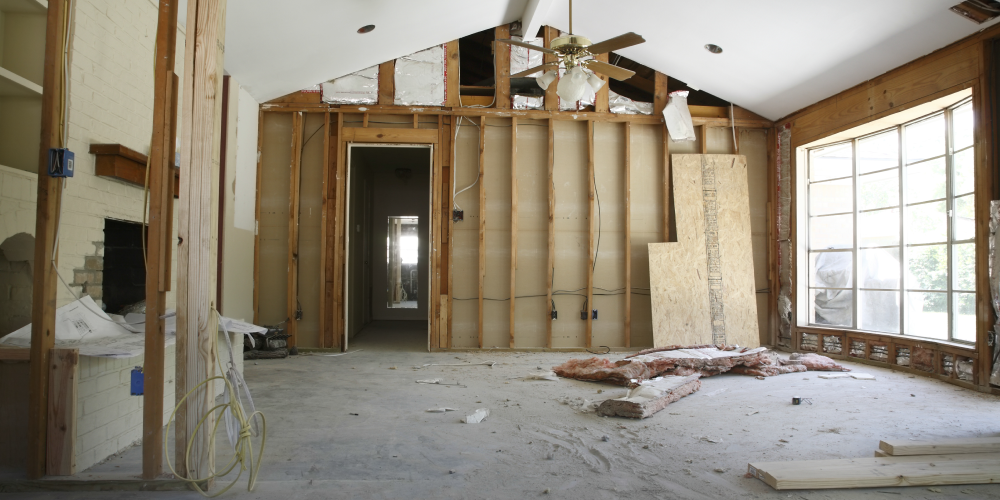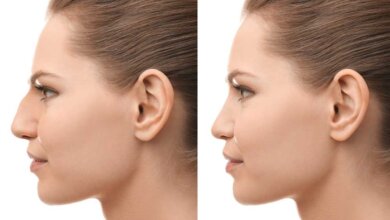
Most of us turn on the tap every day without thinking twice. The water is clear, it doesn’t have a strange smell, and it comes from a municipal supply that’s “safe to drink.”
But here’s the truth: even water that meets safety standards can contain contaminants you’d rather not be consuming.
That was exactly my experience. I thought my water was fine—until I learned what was actually in it.
What’s Really in Your Tap Water?
Your water can pick up a surprising range of substances before it reaches your glass.
Some of the most common include:
-
Chlorine and chloramine – added by water treatment plants to kill bacteria but can leave an unpleasant taste and smell.
-
Heavy metals – such as lead, copper, and mercury, often from old plumbing.
-
Sediment – fine particles from pipes and the distribution system.
-
Organic compounds – from agricultural runoff or industrial pollution.
-
Fluoride – intentionally added in many areas, but still debated for its potential health effects.
If you’re on well water, the risks can be even greater: bacteria, nitrates, high iron, and sulfur are all possible.
The problem isn’t just health-related — these contaminants can also affect taste, odor, and the performance of your appliances.
Why Water Filtration is a Game-Changer
Installing a water filtration system is one of the simplest and most effective ways to improve your home’s water quality. The benefits go beyond drinking water:
-
Better taste and odor in beverages and cooking.
-
Healthier skin and hair by reducing chlorine exposure in showers.
-
Longer appliance life by preventing scale and sediment buildup.
-
Peace of mind knowing your water is cleaner and safer.
The real key? Choosing the right filtration solution for your needs.
My Go-To Source: DiscountFilterStore.com
When I decided to upgrade my home’s filtration, I quickly learned that the water filter market is full of choices — and just as much misinformation.
That’s why I turned to DiscountFilterStore.com (DFS).
Here’s why DFS stood out:
-
Comprehensive product range – from refrigerator filters and furnace filters to whole house and reverse osmosis systems.
-
Top-tier brands – including Culligan, Frigidaire, Berkey, and Tier1.
-
Educational resources – clear product descriptions and buying guides that simplify decision-making.
-
Competitive pricing – with regular discounts and bundle deals.
-
Fast U.S.-wide shipping – so you can replace filters on time.
DFS makes it easy for anyone — from first-time buyers to seasoned DIYers — to find the right filter without guesswork.
Which Water Filter is Right for You?
Different types of filters solve different problems. Here’s a breakdown:
🏠 Whole House Filters
Installed at your home’s main water line, these treat all water entering the house.
Best for: Removing sediment, chlorine, and certain chemicals throughout the entire home.
🚰 Reverse Osmosis (RO) Systems
Usually installed under the kitchen sink, RO systems use multiple stages to remove dissolved solids, fluoride, nitrates, and heavy metals.
Best for: Drinking and cooking water with the highest purity.
❄️ Refrigerator Water Filters
These keep your fridge’s water and ice tasting fresh and free from impurities.
Best for: Convenience and taste, but remember to replace them every 6 months.
DFS has curated options in each category, making it easy to match a filter to your water quality needs.
Where WaterFilters.net Fits In
While DFS is my go-to for most of my filtration needs, WaterFilters.net (WFN) plays a complementary role.
WFN offers an extensive range of specialty filtration systems, particularly for challenging water conditions like:
-
High iron content
-
Sulfur odor
-
Problematic well water chemistry
It’s a great backup resource when you need solutions beyond the standard home setup.
How Often Should You Replace Filters?
Even the best filter becomes less effective over time. A clogged or expired filter can:
-
Reduce water flow.
-
Fail to remove contaminants effectively.
-
Become a breeding ground for bacteria.
General replacement timelines:
-
Refrigerator filters: every 6 months
-
Sediment filters: every 3–6 months
-
Carbon block filters: every 6–12 months
-
RO membranes: every 2–3 years
DFS product pages list the recommended replacement schedule for each model, so there’s no guesswork.
Quick Questions You Might Be Asking
“Isn’t bottled water just easier?”
Bottled water is expensive, creates plastic waste, and isn’t always as pure as you think. A home filtration system is more sustainable and cost-effective.
“Can I install a filter myself?”
Many whole house and under-sink systems are DIY-friendly if you’re comfortable with basic plumbing. DFS includes instructions and offers customer support.
“Will a filter remove hard water?”
Not necessarily. For hard water, you may need a water softener in addition to a filter.
My Results After Switching
After installing a whole house filter and an RO system from DFS:
-
My coffee and tea taste better.
-
Ice from the fridge is clear and odor-free.
-
Showers feel less drying.
-
My kettle and coffee maker stay free of mineral scale.
It’s a small change that’s made a big difference in my daily routine.
Tips for Choosing Your Filter
-
Test your water. Know what you’re trying to remove.
-
Prioritize your needs. Taste, odor, contaminants, or appliance protection?
-
Match the system to the goal. Whole house, RO, fridge, or a combination.
-
Buy from a trusted source. DFS for broad needs, WFN for speciality challenges.
Final Thoughts
Clean water isn’t just about quenching thirst — it’s about protecting your health, home, and comfort.
Whether you need a simple refrigerator filter or a complete whole house system, DiscountFilterStore.com offers the selection, guidance, and support to help you make the right choice.
And when you face unique water quality issues, WaterFilters.net is there with specialised solutions.
Your water might look fine, but once you experience truly clean, filtered water, you’ll never want to go back.






